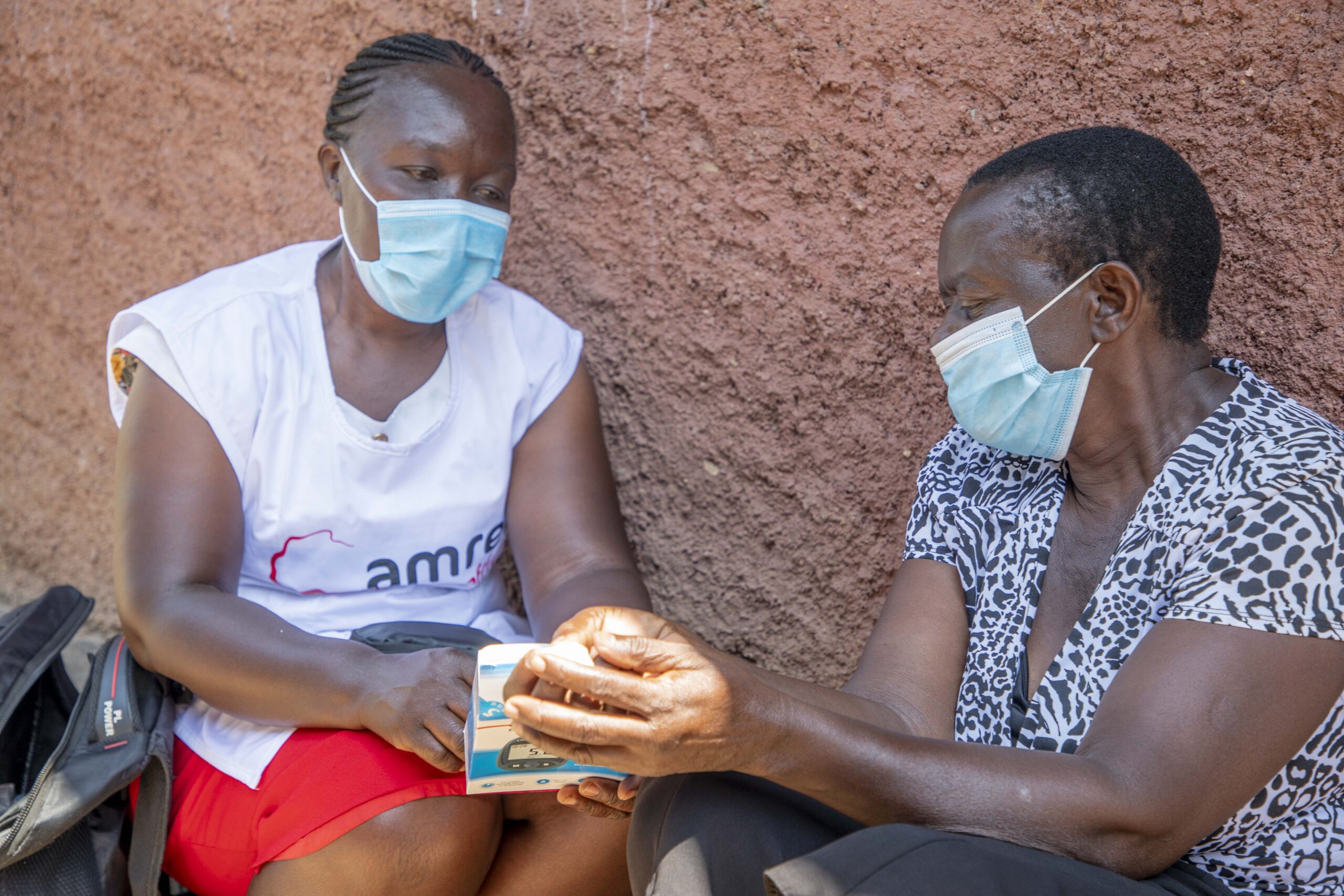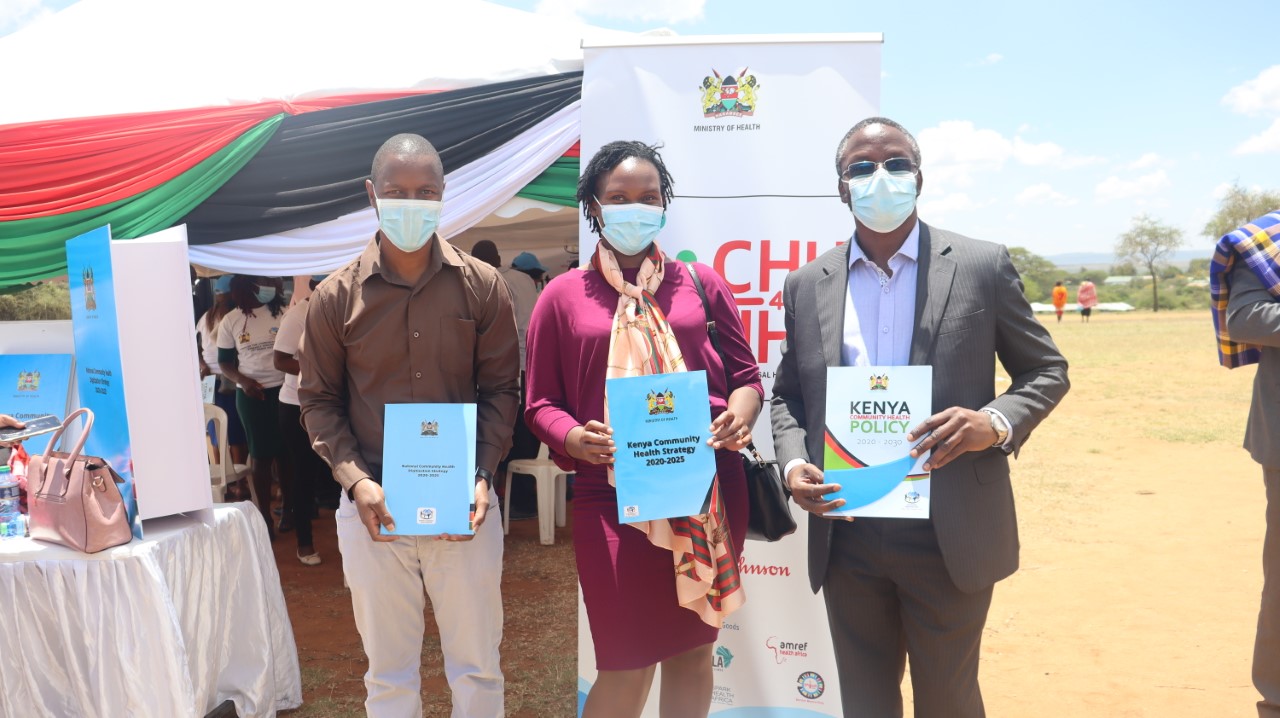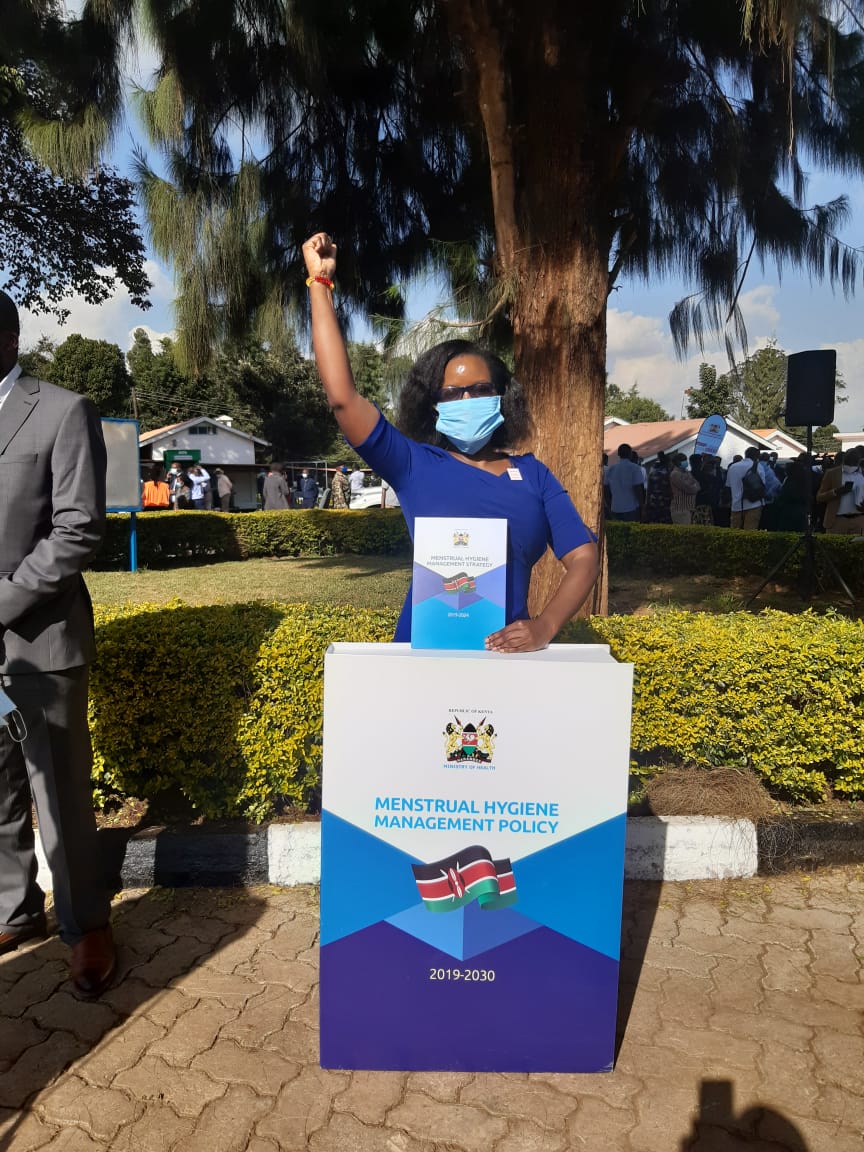I No Longer Cut Girls: How a Circumciser Changed Her Mind About FGM/C
Thursday, 18 July, 2019

Doko Gutu, 54, is a former traditional circumciser from the Gabbra Community living in Maikona, Marsabit County, Northern Kenya. For more than 30 years, she performed female genital mutilation and cutting (FGM/C) on girls as young as seven. That was her only source of income, earning her $10 per girl, which was crucial for her survival in a region where the poverty rate is at 42.2%1. Since the practice has been outlawed in Kenya in 2011, Marsabit traditional circumcisers hide to avoid jail but the impact of their work is undisputable: 81% of the women aged 15–49 in the area have been cut by ‘traditional circumcisers.’
But one day, after attending an engagement meeting with Koota Injena, and despite the profitability of her work, Doko decided to quit her profession. A decision that turned her whole life upside down. “My community have alienated me, treating me like a pariah, a traitor to our culture. When they came to me to ask why I chose to stop, I tried to explain to them what I learned from the Koota Injena meeting, that cutting girls causes physical and emotional harm and can lead to death. I was able to make some of them think about the real consequences of FGM/C but the majority brushed my advices off and went to seek the service elsewhere” confesses Doko.
Her community tried everything to change her mind: “I even had mothers offering me more money, up to $15, to cut their daughters. But I still refused. My conscience can’t be bought”, explains proudly Doko. She now relies on money sent by her four daughters and one son who live and work in nearby cities to cover her expenses, but the ostracism she faces in her community has no remedy. Fortunately, Doko can count on the support of another community: the Koota Injena champions. Those are volunteers from four targeted nomadic groups2 who are trained by Koota Injena, an USAID funded pilot, to engage their communities in intergenerational dialogue on the consequences of harmful cultural practices such as FGM/C and Child Early and Forced Marriage (CEFM) and the necessity to redefine the value of the girl. The pilot works in Samburu and Marsabit Counties in Kenya with prevalence rates for FGM/C and CEFM at least three times higher than the national average (which is currently at 21% and 23%)3.
Since she first attended a target engagement meeting organized by the champions, where she was introduced to the dangers to FGM/C, Doko made the decision to stop practicing.” I was particularly petrified after watching a video where a commentator explained what really happens to the body during and after the operation. I could not believe this is what I was doing to the girls” she explained. “I now attend nearly all the monthly community dialogues facilitated by the Koota Injena champions. I find there the support I need to continue educating my own community,” shared Doko. She also took the initiative to bring the issue to other circumcisers in the area and
they decided to stop cutting girls. “We want to protect our girls. If I knew what I know now about
FGM/C, I would not have circumcised my own daughters. But it’s not too late for the thousands of other Gabbra girls.”
Doko is now a member of various women’s groups in her community. “Women are not recognized, especially in leadership roles. We have formed groups where we empower each other to establish small business and contribute towards table banking,” she says. She also
serves as a Traditional Birth Attendant, assisting mothers to safely bring their babies to the world for free. The former circumciser feels some peace when she is able to bring comfort to women suffering from difficult deliveries as a result of FGM/C.
Koota Injena is a three years (2017-2020) USAID-funded proof of concept activity designed to implement and test the effectiveness of engaging clan elders, community leaders, and members, of using intergenerational dialogue and of strengthening positive youth and male engagement as levers to change norms and behaviours for the abandonment of CEFM, FGM/C and low value of the girl among the 40 clans of Samburu (nine clans), Borana (seventeen clans), Rendille (nine clans) and Gabbra (five clans) communities in Samburu and Marsabit Counties.
- Marsabit County Integrated Development plan (2018-2022)
- Gabbra, Borana, Rendille and Samburu
- Koota Injena baseline, 2018
Amref Health Africa teams up with African communities to create lasting health change.




